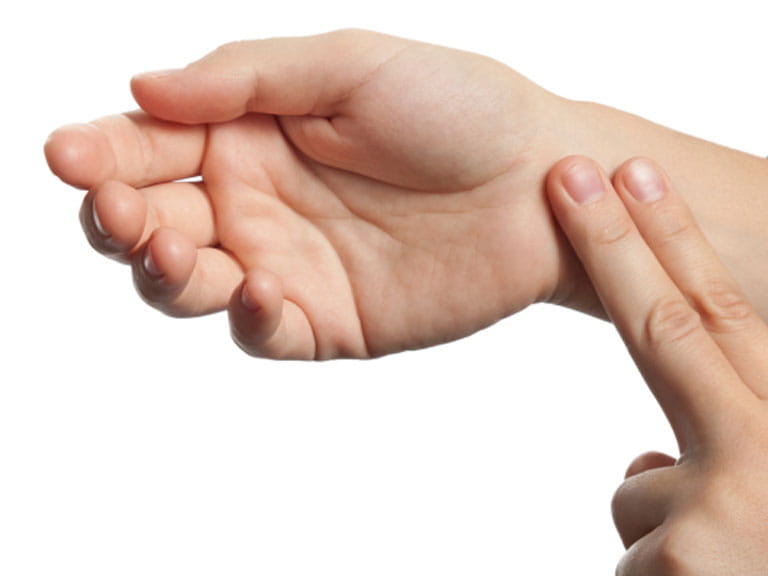Your heartrate can give a look into your general wellbeing.
We by and large have a propensity for checking our weight, circulatory strain, and glucose level, yet what a number of you have ever checked your resting pulse? The main time we get our pulse or heartbeat rate checked is the point at which we go to the specialist. Resting pulse is something that is not entirely obvious, however, it is vital for your wellbeing and prosperity.
Your pulse can give a look into your general wellbeing condition. It can help decide whether you are experiencing any wellbeing conditions and your degree of wellness. Having a lower resting pulse is an indication of by and large great wellbeing.
Your heartbeat rate is characterized as the occasions your heart thumps every moment when you are resting. For a normal grown-up, it is somewhere close to 60 to 100 beats for each moment. Be that as it may, the number can fluctuate from individual to individual contingent upon a few variables like age, sex, wellbeing conditions, body size, and drugs. Our pulse changes for the duration of the day relying upon our feelings, physical action, and temperature.

The perfect opportunity to quantify your pulse is in the first part of the day on a vacant stomach. This ought to be the principal thing you ought to do after you wake up. To gauge your pulse, solidly place your second and third fingers of your hand beneath the base of your thumb on your other hand's wrist. You will feel your heartbeat. Tally the quantity of heartbeat rate in one moment. Do this twice to get a reliable perusing.
Lower pulse shows great wellbeing. Your pulse is absolutely controlled by a ton of variables, yet you can bring down it after some time by making some little way of life changes. Here are a couple of things that you can do.

Practicing exercise every day is useful for your general wellbeing including your pulse. Performing cardiovascular activities help to fortify your heart muscles and will make them work all the more proficiently. Strolling, jumping rope, hopping jacks are some cardio practices you can accomplish for your heart wellbeing

What you eat and drink in a day additionally majorly affects your cardiovascular wellbeing. To bring down your pulse, eat a solid and even eating regimen. Your plate ought to be loaded with solid food, cooked in less oil and flavors. Likewise, keep away from over the top caffeine and tea consumption in a day. Drink 2 liters of water every day.

Smoking strait your veins and conduits, causing a spike in the pulse. Liquor, then again, prompts a lack of hydration and your body needs to work more diligently to process it. Both negatively affect your pulse.
Stress regularly spikes our pulse to a risky level. So it is critical to keep a beware of your feeling of anxiety and play it safe to oversee it. Rehearsing yoga and a great night's rest is essential to quiet your meandering brain.

Being obese puts extra pressure on your heart and makes your heart work harder. This can increase your heart rate. Try to maintain healthy body weight to lower your heart rate.
Stress, anxiety, and intense physical activity can sometimes spike the heart rate within a few seconds. It generally comes to normal after a while. But here are a few things that you can do to bring it back to normal.
- Practice slow and mindful breathing
- Sit down comfortably and remain calm
- Take a small walk, preferably outdoors
- Take a warm bath

Comments
Post a Comment